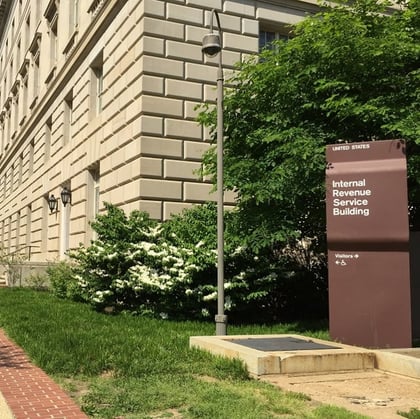What You Need to Know
- HSA contribution limits will increase.
- Minimum HSA deductibles will stay the same.
- Excepted benefit HRA employer contribution limits will also hold steady.
The IRS has published a set of numbers that will shape how some types of personal health accounts work in 2022.
The agency has put new, inflation-adjusted parameters for the health savings account (HSA) program and the excepted benefit health reimbursement arrangement (HRA) program in Revenue Procedure 2021-25.
HSA contribution limits are increasing a little, and so are the amounts that HSA-compatible high-deductible health plans can expect enrollees to spend out of pocket on health care. The minimum deductibles for the high-deductible health plans will still stay the same.
The maximum annual contribution an employer can make to an employee’s excepted benefit HRA will also stay the same.
Here’s a table showing what will happen to the minimums and limits.
HSA and HRAs |
|||
| Inflation-Adjusted Parameters | |||
|---|---|---|---|
| 2020 | 2021 | 2022 | |
| HSA: Individual | |||
| Contribution Limit | $3,550 | $3,600 | $3,650 |
| Minimum Deductible | $1,400 | $1,400 | $1,400 |
| Annual OOP Maximum | $6,900 | $ 7,000 | $7,050 |
| HSA: Family | |||
| Contribution Limit | $7,100 | $7,200 | $ 7,300 |
| Minimum Deductible | $2,800 | $2,800 | $2,800 |
| Annual OOP Maximum | $13,800 | $14,000 | $14,100 |
| Excepted Benefit HRA | |||
| Maximum Annual Employer Contribution | $1,800 | $1,800 | $1,800 |
The HSA program is part of a federal effort to make Americans better health care shoppers, by providing pots of cash people can use to pay for their own health care services.
The Medicare Prescription Drug, Improvement, and Modernization Act of 2003, the law that created the HSA program, requires people to use HSAs together with high-deductible health plans.









 May 11, 2021 at 11:14 AM
May 11, 2021 at 11:14 AM











